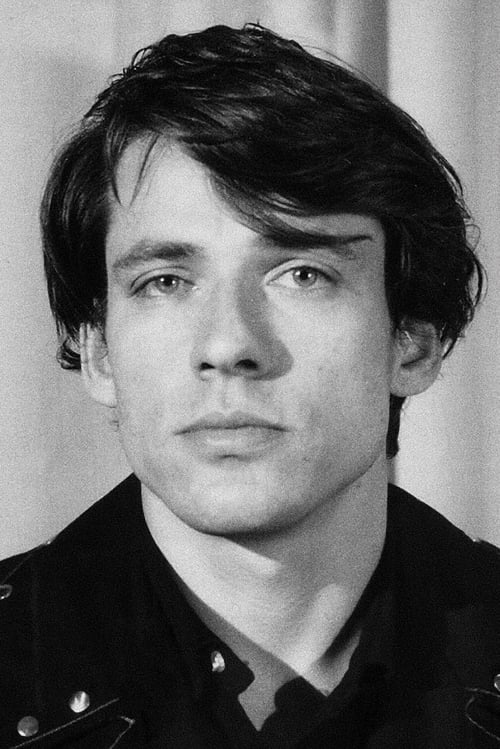Men, Heroes and Gay Nazis (2005)
장르 : 다큐멘터리
상영시간 : 1시간 20분
연출 : Rosa von Praunheim
시놉시스
The film focuses on gay men who align themselves with hard-core right wing views, skinheads and Nazis. Rosa von Praunheim stated of the subjects featured in the documentary, “Some may be shocked that I do not take a stand in my film and do not portray gay neo-Nazis as monsters, but as people living their lives in dramatic contradiction.”

A transvestite couple from 1990s Belgrade beholds their profession as a pacifistic mission, curbing the urges of rapists, gamblers and horny young men during turbulent periods in war-torn country.

Religion, politics and gay pride clash in a small Tennessee town when out, proud and living in New York Jason Potts returns home to make life better for the LGBT teenagers.

Personal diary-style documentary of German Gay rights activist Von Praunheim's sojourn in the US.

Documentary on the growth of Toronto's gay community including positive developments as well as the infamous "Operation Soap" where the Toronto Police raided gay bath houses, and the subsequent protests.
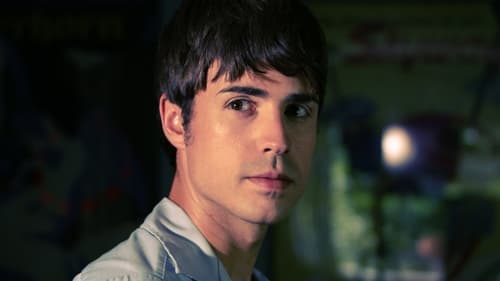
A wide-eyed young postman and a gangster in trouble with the mafia find their lives become inexplicably intertwined when a heady affair attracts danger at every turn.

Described in the 70’s a ‘’Chorus Line for gay people’’, Crimes Against Nature remains vital today as a communal disclosure of roles gay people adopt in order to survive in a world that devalues homosexual feelings. It features individual actors delivering revealing monologues, during which the other members of the collective play background roles (parents, schoolmates, etc.). One by one, the actors detail the ways in which they have buried their true selves in order to survive and be accepted in the world: repression, drug use, shyness, being agreeable, putting experiences into ‘’little boxes’’, acting ‘’butch’’ and so on.

The film follows the story of Jamie, a struggling butch lesbian actress who gets cast as a man in a film. The main plot is a romantic comedy between Jamie's male alter-ego, "Male Jamie," and Jill, a heterosexual woman on set. The film's subplots include Jamie's bisexual roommate Lola and her cat actor Howard, Lola's abrasive butch German girlfriend Andi, and Jamie's gay Asian friend David.

Johnny Minotaur is a lyrical explosion of taboos: incest, intergenerational desire, pansexuality and autoeroticism are a few of the issues Charles Henri Ford grapples with through mythopoeic, sensual imagery, recitations of his diaries and a philosophical debate featuring an impressive narration by such artists as Salvador Dali, Allen Ginsberg, Warren Sonbert and Lynne Tillman.
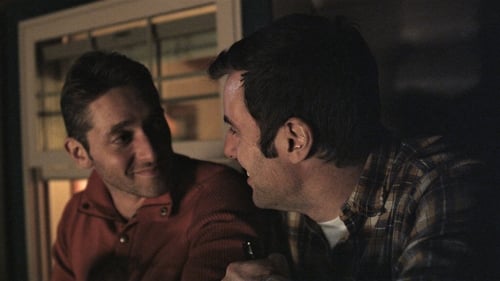
In the small Central California town where they grew up, two estranged gay brothers struggle to reconnect after the recent death of their father.

Myles and Brody are best friends with two very different ways of finding love. Displeased with their current love lives, they make a pact to be together if neither finds love in ten year’s time. Now two months shy of their deadline, both friends set off to do whatever it takes to avoid ending up as each other’s last resort.
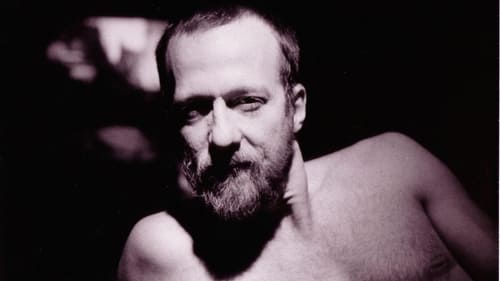
I Always Said Yes is a portrait of pioneering filmmaker Wakefield Poole, whose careers as dancer, choreographer, and director spanned the golden years of Broadway, television, porno chic, and gay liberation.

QUEENS & COWBOYS: A STRAIGHT YEAR ON THE GAY RODEO chronicles a complete season of the International Gay Rodeo Association. Roping and riding across north America for the past 30 years, the IGRA's courageous cowboys and cowgirls brave challenges both in and out of the arena on their quest to qualify for the World Finals at the end of the season. And along the way, they'll bust every stereotype in the book.

Old college chums get together for a weekend reunion that is bound to open old wounds and perhaps heal them. New romances find a spark while old ones rekindle.

The first-born son of a wealthy Mexican businessman, Simon is doted upon by his father, Don Andres. But as Simon grows older, he displays a fondness for dressing in women's clothing and playing with dolls, and is eventually banished from home and disinherited. He then finds work as a performer in a nightclub that his father patronizes. Not recognizing his son as a beautiful young woman, Don Andres discloses some surprising secrets of his own.

The young hero seems the essence of maleness, yet he's troubled by vaguely feminine objects. Soon his masculine and feminine selves are intercut, as each of his identities appears to look and gesture at the other. The film, at once melancholy and transcendent, consists of a shimmering, nearly plotless evocation of gender identity in flux through haunting, densely interlaced images.
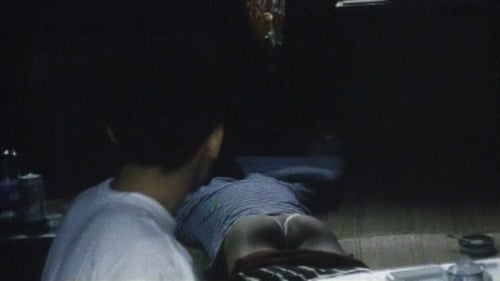
Japanese student You throws his relationship with boyfriend Shin into jeopardy when he begins an affair with an attractive man he meets at a train station. You attempts to come clean with his secret, but ending the affair proves too difficult. As a complicated and dangerous love triangle develops between these three men, each one begins to closely examine his identity, sexuality and intentions.

The video revolution of the 1970s offered unprecedented access to the moving image for artists and performers. This Is Not a Dream explores the legacies of this revolution and its continued impact on contemporary art and performance. Charting a path across four decades of avant-garde experiment and radical escapism, This Is Not a Dream traces the influences of Andy Warhol, John Waters and Jack Smith to the perverted frontiers of YouTube and Chatroulette, taking in subverted talk shows and soap operas, streetwalker fashions and glittery magic penises along the way.
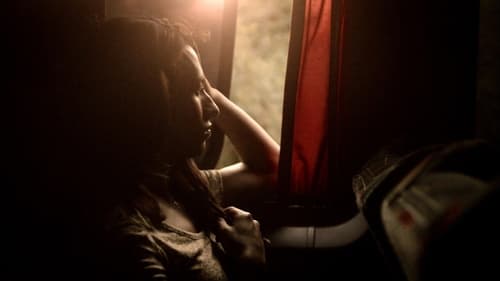
Mabel travels to her hometown to find the murderer of her friend Daniela. A journey through nostalgia, love and betrayal in a place where transvestism once took on an unusual dimension.
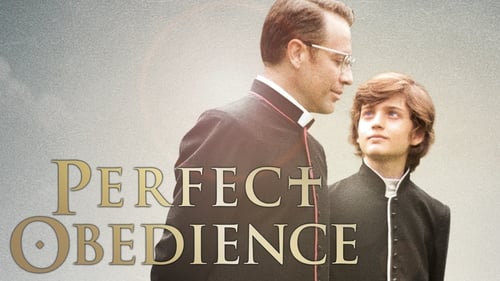
The fictional Father Ángel de la Cruz is based on Legion of Christ founder Marcial Maciel, whose long history of child abuse was not addressed until 2006 and only publicly acknowledged in 2009. But director Luis Urquiza chooses to structure his film through the largely uncomprehending, wondering eyes of 13-year-old Julián, who travels from the arms of his loving pastoral family into the austere, hallowed halls of the seminary. Singling out the boy as his intimate disciple, installing him in his palatial private quarters and redubbing him “Sacramento Santos,” Father Ángel begins Julian’s instruction into the mysteries of “perfect obedience,” whose cardinal rule is: Never question a superior’s actions.

Micky leaves his provincial and bourgeois background and leaves to live in Paris, where he performs as a transvestite singer in a cabaret.

